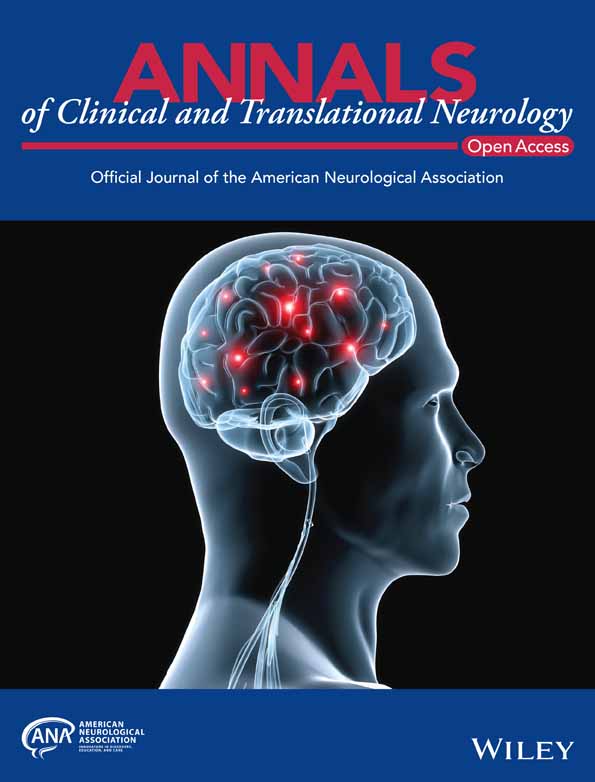Reconstitution of CXCR3+ CCR6+ Th17.1-Like T Cells in Response to Ofatumumab Therapy in Patients With Multiple Sclerosis
Funding: This work was supported by National Natural Science Foundation of China (grant number: 82171777), the Natural Science Foundation of Tianjin City (grant numbers: 20JCJQJC00280), and Tianjin Public Health Science and Technology Major Project (grant numbers:24ZXGZSY00030).
Shu Yang, Tian-Xiang Zhang, and Jia Liu have contributed equally to this research
ABSTRACT
Background and Objectives
Ofatumumab, a fully human anti-CD20 monoclonal antibody, is effective in reducing relapses and disability progression in patients with multiple sclerosis. This study aimed to examine immune profile changes associated with ofatumumab in a prospective cohort of Chinese patients with relapsing–remitting multiple sclerosis (RRMS).
Methods
Seventeen RRMS patients were enrolled in this uncontrolled, prospective, observational cohort study (OMNISCIENCE study) and received regular subcutaneous ofatumumab treatments. Immune cell subsets were analyzed by single-cell mass cytometry at baseline and 6 months post-treatment. Peripheral blood monoclonal cells (PBMCs) from a separate cohort of treatment-naive RRMS patients were used for cytokine analysis through ex vivo flow cytometry.
Results
Following ofatumumab treatment, B cells in peripheral blood remained depleted, with surviving cells predominantly consisting of antibody-secreting cells and transitional B cells. Increased proportions of NK cells and myeloid cells, particularly HLA-DRhi intermediate monocytes, were observed, and FOXP3 and CTLA-4 expression on CD4+ T cells was upregulated. Notably, prior to the subsequent dose of ofatumumab, Th17.1-like CXCR3+CCR6+ memory CD4+ and CD8+ T cell clusters increased significantly, with a transient CD20 expression rebound. In vitro experiments further confirmed that ofatumumab reduced these Th17.1 cell subsets and related pro-inflammatory cytokines.
Discussion
These findings suggest that ofatumumab impacts interactions among pathogenic B cells, T cells, and myeloid cells, with Th17.1 cells emerging as a potential direct target within T cells. Persistent and regular infusions of ofatumumab appear necessary to sustain clinical efficacy.
Trial Registration: ClinicalTrials.gov identifier: NCT05414487
Conflicts of Interest
Shu Yang, Tian-Xiang Zhang, Jia Liu, Zhirui Liu, Lijie Zhu, Yan-Yan Li, Bin Feng, Moli Fan, and Fu-Dong Shi declare no conflicts of interest. Chao Zhang received speaker honoraria from Novartis, and his laboratory has received research support from Zai Lab, Novartis, and Roche.
Open Research
Data Availability Statement
The data that support the findings of this study are available from the corresponding author upon reasonable request.




